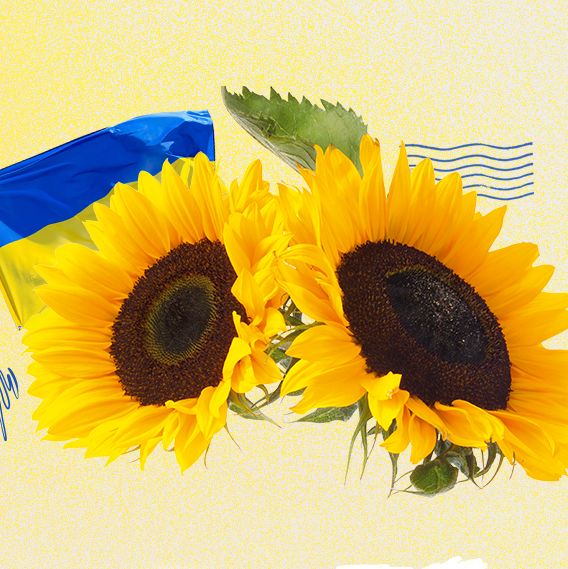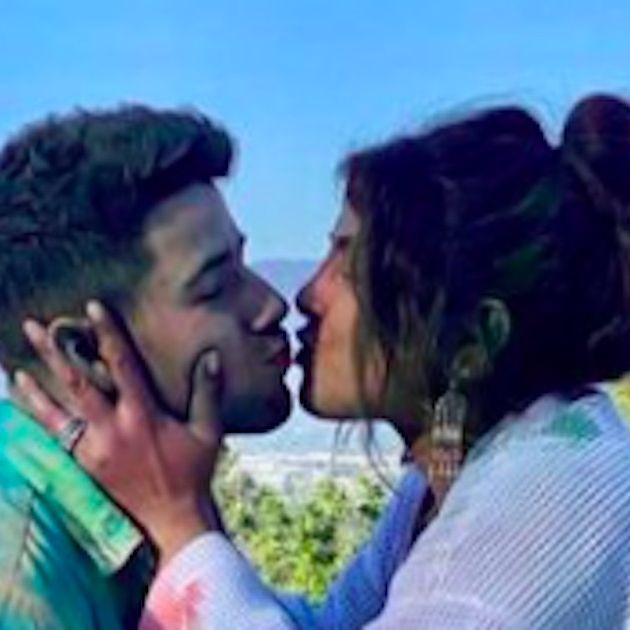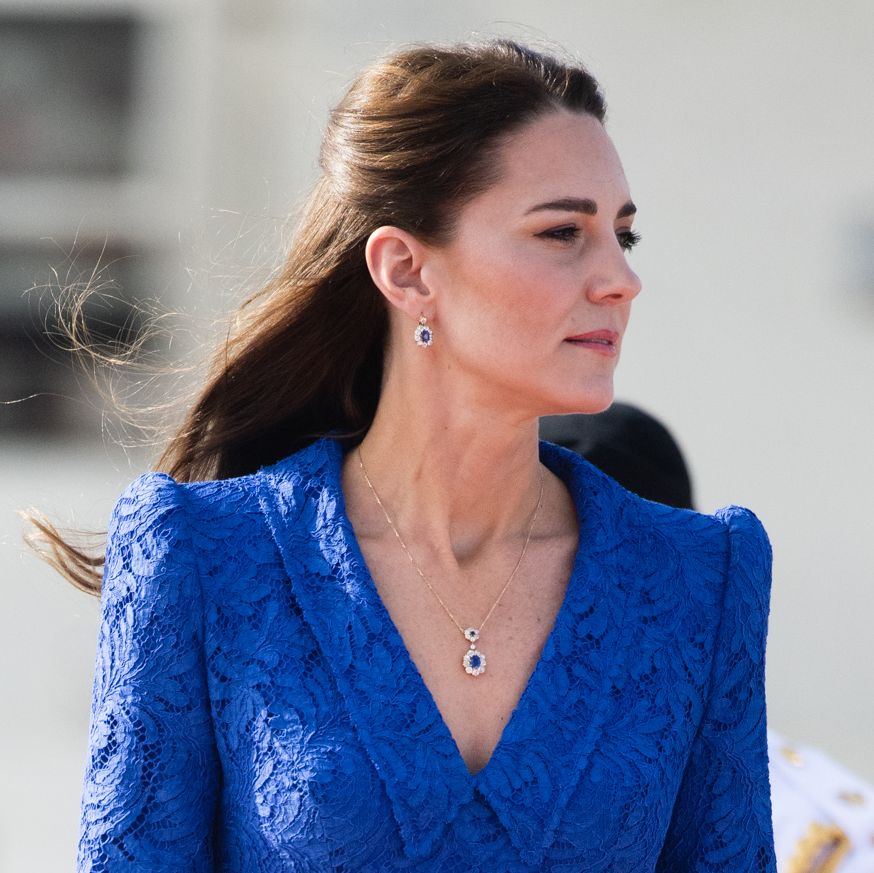The Jewish section of the Berkovetske Cemetery in Kyiv, Ukraine, is relegated to the very back. The grass is tall and verdant; cobwebs and overgrown vines creep around the railings of wrought iron grave enclosures, which protect my great paternal grandparents' shared tombstone. When Meir and Shifra Rozman passed in 1963 and 1982 respectively, Kyiv was not yet the officially recognized capital we know today. Ukraine as a self-governing country did not exist until 1991, when the Iron Curtain fell and the Soviet Union was dissolved into nation states.
Closer to the front of the cemetery entrance—still resolutely positioned in the neglected but not forgotten Jewish section—is my grandfather Lev Solomonovich Brayman's memorial. My father and uncle planted a birch tree here at his burial in 1976. Today, the tree still stands—slim, tall, and strong in an independent Ukraine fighting for its sovereignty.
Watching this war unfold from afar fills me with fear and uncertainty, immense sadness, and anger. Almost overnight, my little corner of the world—a place I have been visiting for decades to discover how intergenerational trauma impacted my identity—is now a global concern. It's beautiful and strange to witness the world fall in love with Ukrainians. People everywhere are showing their support with hashtags, demonstrations, fundraisers, and by learning about the country's unique European history. But I wish this wave of solidarity with Ukraine could've come about without violence.

 The Jewish section of the Berkovetske Cemetery in Kyiv, Ukraine, is relegated to the very back. The grass is tall and verdant; cobwebs and overgrown vines creep around the railings of wrought iron grave enclosures, which protect my great paternal grandparents' shared tombstone. When Meir and Shifra Rozman passed in 1963 and 1982 respectively, Kyiv was not yet the officially recognized capital we know today. Ukraine as a self-governing country did not exist until 1991, when the Iron Curtain fell and the Soviet Union was dissolved into nation states.
Closer to the front of the cemetery entrance—still resolutely positioned in the neglected but not forgotten Jewish section—is my grandfather Lev Solomonovich Brayman's memorial. My father and uncle planted a birch tree here at his burial in 1976. Today, the tree still stands—slim, tall, and strong in an independent Ukraine fighting for its sovereignty.
Watching this war unfold from afar fills me with fear and uncertainty, immense sadness, and anger. Almost overnight, my little corner of the world—a place I have been visiting for decades to discover how intergenerational trauma impacted my identity—is now a global concern. It's beautiful and strange to witness the world fall in love with Ukrainians. People everywhere are showing their support with hashtags, demonstrations, fundraisers, and by learning about the country's unique European history. But I wish this wave of solidarity with Ukraine could've come about without violence. He said you don't realize the stuff that comes after. She will definitely make a beautiful bride. |








No comments:
Post a Comment